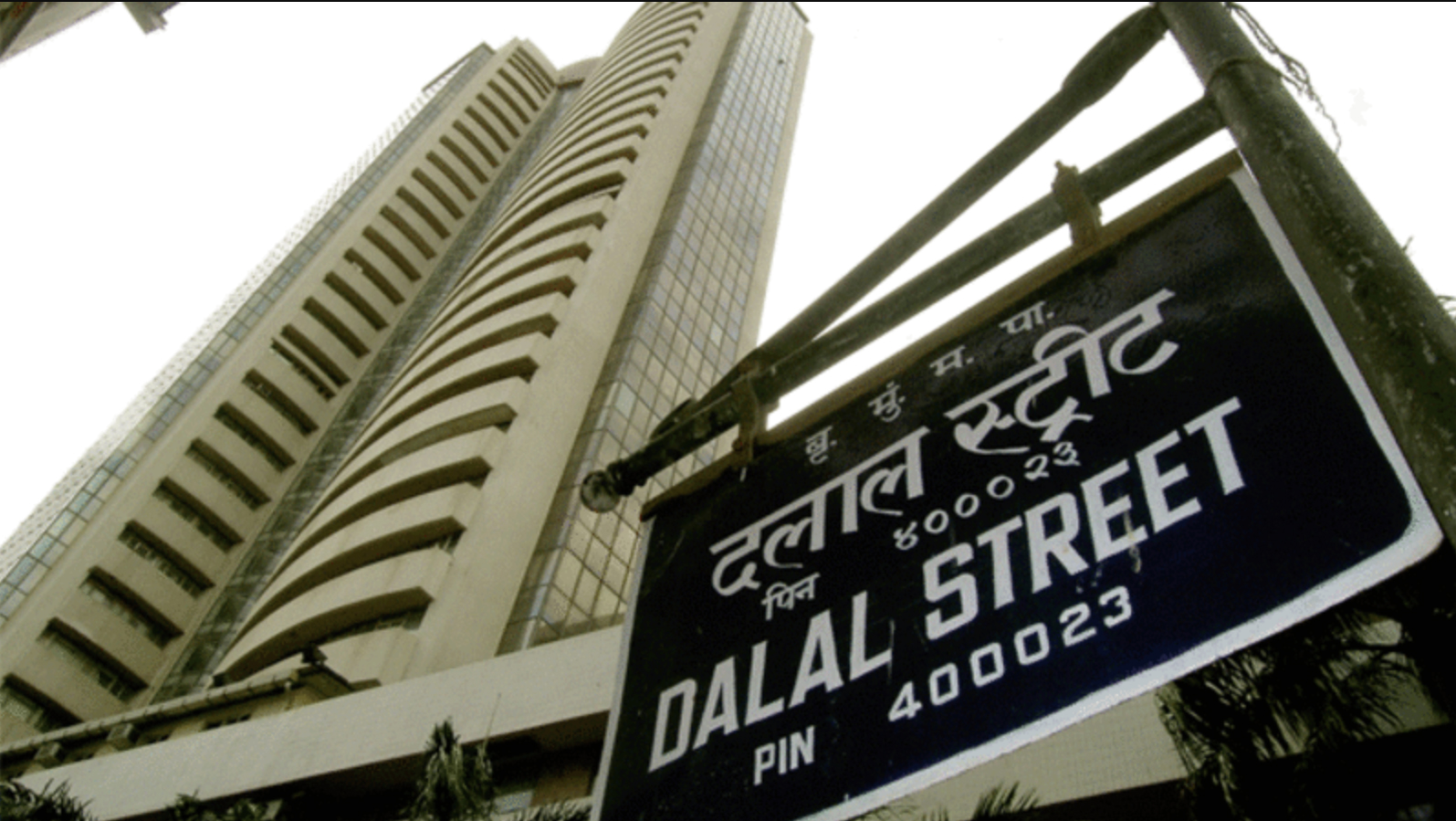
Global markets suffer meltdown over Delta anxiety; Indian stocks follow suit
As international markets tumbled over Delta fears, an unimpressive Q1 show by HDFC Bank and inflation fears also pulled down domestic markets

Even as a rise in COVID cases due to the Delta variant of the SARS-CoV-2 virus is keeping healthcare experts and administrators on high alert, global stocks paid a heavy price for the fears. On Monday, US and European stocks tumbled on concerns over new outbreaks impacting global growth. Other assets, such as oil, bonds and currency, also skidded in tandem.
The domino effect was felt in Asian stocks on Tuesday. According to a report in the Financial Times, Japan’s benchmark Topix fell 1%, while Australia’s S&P/ASX 200 and South Korea’s Kospi dipped 0.6% and 0.7%, respectively. The Hang Seng index in Hong Kong fell 1.2% and China’s CSI 300 index — which covers Shanghai- and Shenzhen-listed stocks — declined 0.5%.
India was not spared. As domestic markets fell about 1%, analysts attributed it to the global trend of COVID fears as well as other local concerns. A flat first-quarter show by HDFC bank left investors unimpressed. IndusInd Bank, HDFC Ltd, Axis Bank and Kotak Bank were among the other major laggards.
Reversal of gains in global markets
The FT report noted that the equities sell-off on Monday in the global markets reversed the gains on international markets for several months running. This was mainly triggered by anxiety that the rise in COVID cases due to the highly infectious Delta variant may negate the fragile economic recovery built after the first and second waves of the pandemic.
Also read: Crypto bank takes co-operative route to set up India operations
Wall Street’s S&P 500 index closed 1.6% lower and the tech-focused Nasdaq Composite dropped 1.1%, it noted. London’s FTSE 100 and Stoxx Europe declined 2.3% each.
“Investors are worried that a fresh outbreak could potentially hinder the pace of economic reopening,” FT quoted Tai Hui, chief Asia market strategist at JPMorgan Asset Management, as saying. “The next one to two months will be an important litmus test of governments’ strategy in normalising lives and economic activities amid the threat of the pandemic.”
Michael Hewson, chief market analyst at CMC Markets, agreed that the rising cases and resultant lockdowns weighed on markets. “Investor concern over the impact on economic growth intensified, despite earnings season having got off to a strong start,” a Business Insider report quoted him as saying.
“There was a great deal of optimism over the summer reopening, however, as we look ahead to the rest of the year and look at how Delta variant infections are rising, some of that optimism is dissipating, prompting the question as to where we go next for Q3 earnings expectations,” he added.
Domestic markets take global cues
A Mint report said that in line with the trends on Singapore’s SGX Nifty, Indian share markets opened on a negative note on Tuesday. By noon, the BSE Sensex was down 201 points and the NSE Nifty, down 46 points.
The previous evening, Indian shares declined by over 1% — marking a two-month low — due in main to a tumble by banking stocks. The decline in banking stocks was led by HDFC Bank, which fell over 3% on Monday as its first quarter results fell below investor expectations.
On Tuesday, another group company, HDFC Life Insurance, also saw its share price fall after posting Q1 FY22 results. Its consolidated net profit dropped 40.1% to ₹269.55 crore due to an increase in reserves. In morning trade, its stock fell 0.48% on the BSE.
But the anxiety in the domestic market is not just around COVID and HDFC entities. Gaurav Garg, head of research at CapitalVia Global Research, noted that there is also fear over inflation. “Traders were particularly wary after NITI Aayog CEO Amitabh Kant expressed concern about rising food inflation as a result of increasing costs for oilseeds and edible oils,” he said.
“On the sectoral front all the major sectors have shown weakness in the market,” he further noted.

